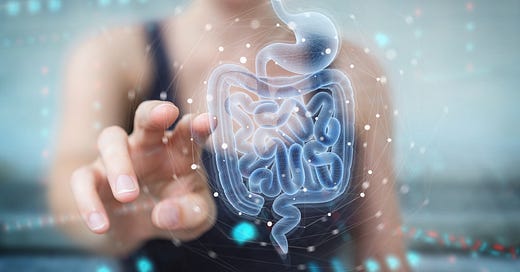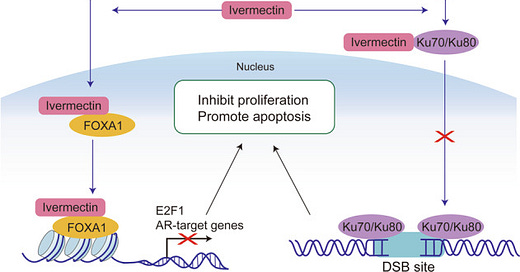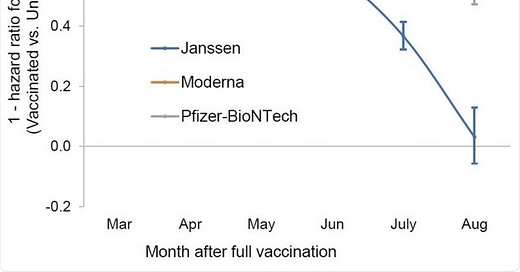Can Your Microbiome Be Triggering Your Migraines? A New Study Suggests "Very Likely". Summer Workshop Announcement
Alteration in microbiota in individuals with migraine and differences associated with oral prophylactics suggest careful consideration of the full spectrum of exposures is important.
We’re learning more and more about the gut-brain axis, including that microbes in our guts can produce neurotransmitters that impact our mood.
A new study investigated the differences in gut microbiota between individuals with migraine, including chronic migraine (CM) and episodic migraine (EM), and healthy control subjects.
The study involved 42 patients with episodic migraine, 45 with chronic migraine, and 53 healthy controls. The results showed no significant difference in alpha and beta diversities of microbiota between the EM, CM, and control groups.
The study examined the differences in gut microbiota between individuals with migraine, including chronic migraine (CM) and episodic migraine (EM), and healthy control subjects. Quantitative associations were found between the relative abundance of several genera and headache frequency, confirming the alteration in microbiota in individuals with migraine.
Specifically, the study found a significant association between changes in microbiota composition and clinical characteristics of migraine, such as headache frequency and severe headache intensity. It also identified altered microbiota at multiple taxonomic levels in participants with migraine compared to controls, as well as differences in microbiota composition between those with episodic and chronic migraine. These findings suggest a relationship between altered gut microbiota and migraine, which may pave the way for new treatments targeting gut microorganisms.
These findings suggest that changes in gut microbiota could play a role in the development and severity of migraine, and further research is needed to better understand this potential association.
Anxiety, Fibromyalgia (FM), and oral prophylactic medications were also found to affect the gut microbiota of participants with migraine.
A few specific taxa that showed differences in gut microbiota in individuals with migraine, anxiety, depression, and Fibromyalgia (FM). The study reported that the relative abundance of some genera of fecal microbiota (Roseburia, Eubacterium_g4, Agathobacter, PAC000195_g, and Catenibacterium) were significantly altered according to the presence of anxiety and FM, but not depression.
The fact that oral prophylactic medications were also found to affect the gut microbiota of participants with migraine means that prophylactic medications can affect the gut microbiota of individuals with migraine and should be considered when performing gut microbiota evaluation.
The authors concluded that further longitudinal studies are needed to better understand the association between prophylactic medications and gut microbiota in individuals with migraine.
At IPAK-EDU, we offer a detailed, seven-class Summer Workshop on the Microbiome. First class will be in June, Wednesdays @ 3pm ET, weather permitting :)
Citation: Yong D, Lee H, Min HG, Kim K, Oh HS, Chu MK. Altered gut microbiota in individuals with episodic and chronic migraine. Sci Rep. 2023 Jan 12;13(1):626. doi: 10.1038/s41598-023-27586-4. PMID: 36635330; PMCID: PMC9835027. https://pubmed.ncbi.nlm.nih.gov/36635330/















This is important to know but it's not at the core of the problem which is genetic, epigentic, and mineral imbalances resulting in endocrine issues which leads to many migraines. I know from personal experience. Hormonal fluctuations play a huge role in migraines due to copper toxicity and mineral imbalances. Copper toxicity is a huge part of this and 80% of the population has this problem. PMS in women is due to copper toxicity because estrogen and copper work together and when there is unbound copper (not bound to ceruloplasmin - a protein) in the tissues of the body including the brain you end up with MANY different symptoms including migraines. The main reason one doesn't have enough ceruloplasmin (made in the liver) in the body to attach to the copper so that it works properly, is due to stress which causes adrenal and liver issues.
I get very concerned when these studies and scientists don't look at the full picture and resort to the most popular trending option. The body is a whole piece that needs multiple parts [minerals, hormones, neurotransmitters, microbiome (not only in the gut) etc] to be functioning in sync. Unfortunately, when scientists and studies just focus on one piece it, once again, doesn't help the women who suffer the most from these maladies. You can't just fix the microbiome which is complex in itself. Often the reason the microbiome is out of balance is because the minerals (which need to be balanced in order to survive) are out of balance.
Jean Michel WENDLING
COVID a digestive disease
https://www.linkedin.com/pulse/perm%C3%A9abilit%C3%A9-intestinale-covid-et-mis-c-le-r%C3%B4le-de-la-wendling/
Intestinal permeability - COVID and MIS-C: could the role of vitamin D deficiency be central?
Published July 9 2022
Active viral SARS-COV2 persistence in intestinal reservoir was recently shown.
Circulating S1 subunit, or spike protein, or circulating N nucleocapsid is found in approximately 65% of long COVID patients several months.
Yonker LM et al showed that in children with MIS-C, prolonged presence of SARS-CoV-2 in the gastrointestinal tract led to release of zonulin with passage of SARS-CoV-2 antigens into the bloodstream, resulting in
hyperinflammation.
Larazotide, a zonulin inhibitor used in the treatment of celiac disease, according to the authors prevents damage to tight junctions (TJ), limiting the passage of antigens: it is well tolerated and useful as an adjuvant to targeted therapies immune.
Vitamin D levels were also shown to be negatively correlated with symptom score and faecal zonulin .
These data highlight the close relationship between Vitamin D and the intestinal barrier
Vitamine D seems to be a good preventive treatment
⬇️⬇️⬇️